How To Check Someone's Phone History
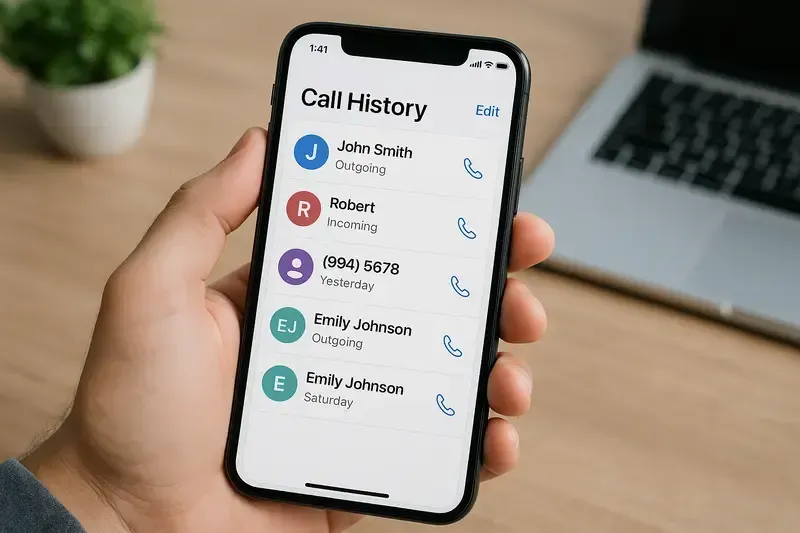
Urgent alert: Information circulating online promotes dangerous and potentially illegal methods for accessing someone's phone history. This article dissects these claims, highlighting the risks and legal ramifications involved.
Accessing someone’s phone history without their explicit consent is a serious breach of privacy and can lead to severe legal consequences. This guide outlines the landscape of these potential methods, focusing on their illegality and ethical concerns.
Methods to access phone data.
Several methods are often touted online for accessing someone's phone data. These range from using spyware to exploiting vulnerabilities in cloud storage services. It's vital to understand that employing these techniques without consent is illegal.
Spyware and Malware
The use of spyware involves secretly installing software on a target's phone. This software can record keystrokes, track location, and access messages and call logs. This is a serious crime with potentially severe penalties.
The problem with spyware is, this malicious software is frequently disguised as a legitimate application. When an unsuspecting user downloads it, the spyware can harvest user data without their knowledge and transmit this information to a third party.
Cloud Storage Exploitation
Many phones automatically back up data to cloud services like iCloud or Google Drive. If an individual gains unauthorized access to these accounts, they can view the phone's backup data, including call history and messages.
Password hacking or social engineering tactics are sometimes used to gain access to these accounts. These actions are illegal and unethical.
Mobile Carrier Records
Obtaining call records directly from a mobile carrier typically requires a court order or the account holder's permission. Attempts to access these records through unauthorized means can lead to criminal charges.
It's essential to note that federal and state laws strictly regulate the release of such information. Unauthorized access is a serious violation.
Legal Ramifications
Unlawfully accessing someone’s phone records carries significant legal risks. Federal laws like the Stored Communications Act (SCA) and state privacy laws prohibit unauthorized access to electronic communications.
Violators may face criminal charges, civil lawsuits, and substantial fines. Penalties depend on the specific laws violated and the extent of the damage caused.
"The unauthorized access of electronic communication can result in severe legal consequences. It's imperative to respect individual privacy rights," says legal expert Sarah Miller.
Protecting Your Privacy
To safeguard your personal information, use strong passwords for all your accounts, including your phone and cloud services. Enable two-factor authentication for an added layer of security.
Be wary of suspicious emails or links that may attempt to phish your credentials. Regularly update your phone’s software to patch security vulnerabilities.
Next Steps
If you suspect someone has accessed your phone data without your consent, immediately report it to law enforcement and consult with a legal professional. Taking prompt action can help protect your rights and mitigate potential damage.
This is an ongoing issue. Stay informed about the latest cybersecurity threats and best practices for protecting your privacy.




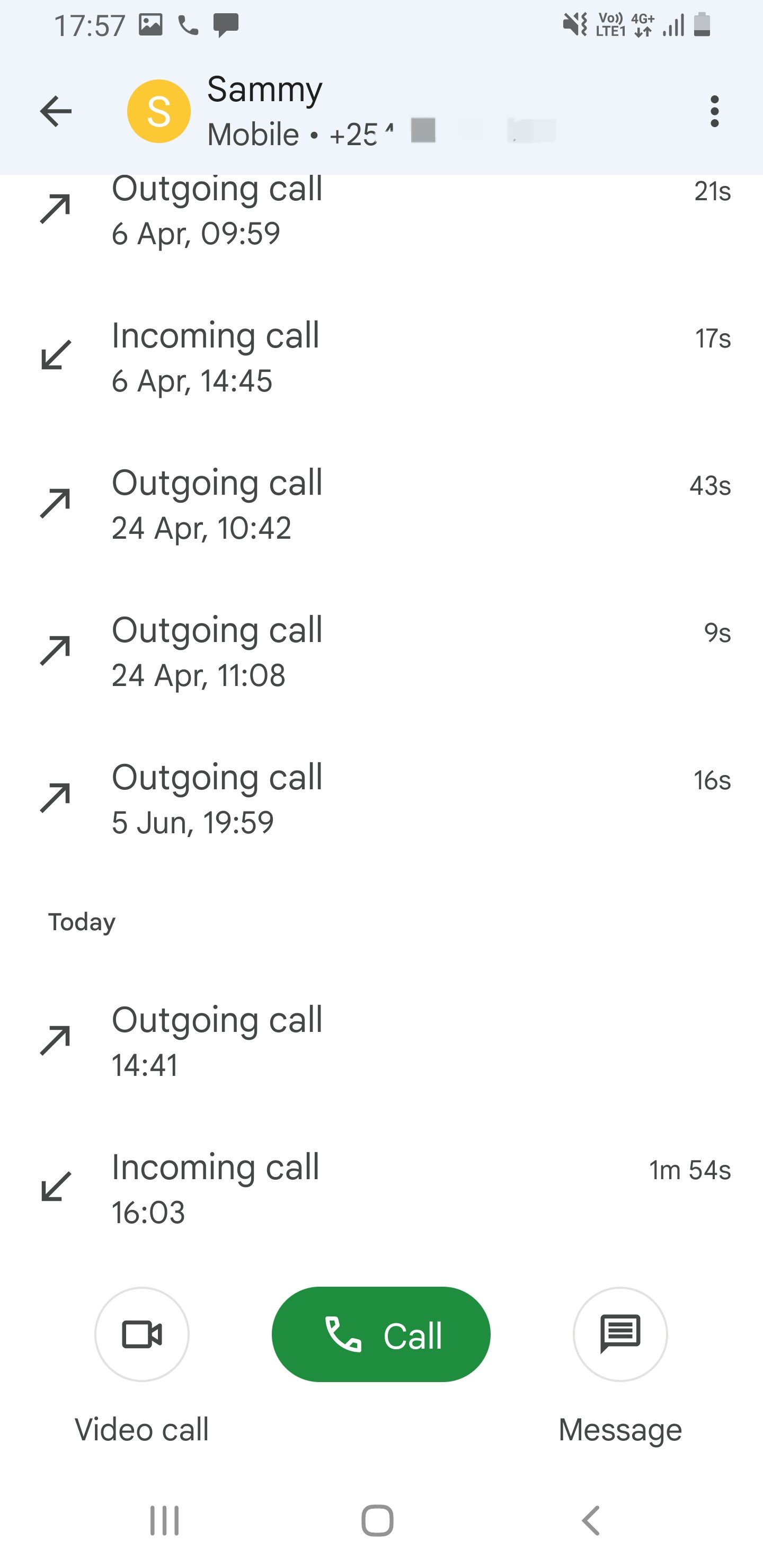
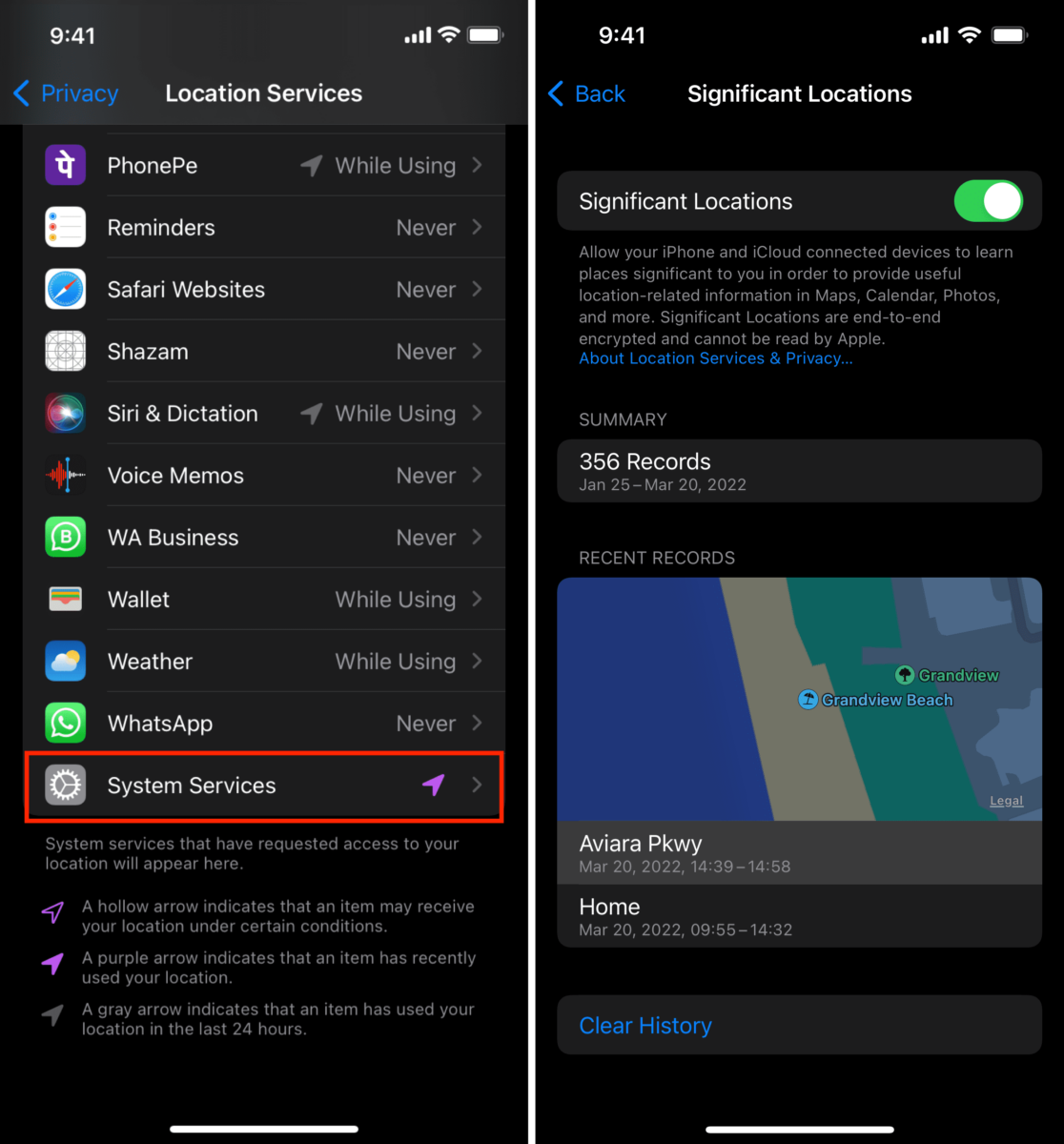
![How To Check Someone's Phone History How to See Full Old Call History on iPhone [2024 Updated]](https://i.ytimg.com/vi/FFsIdFu2J2s/maxresdefault.jpg)
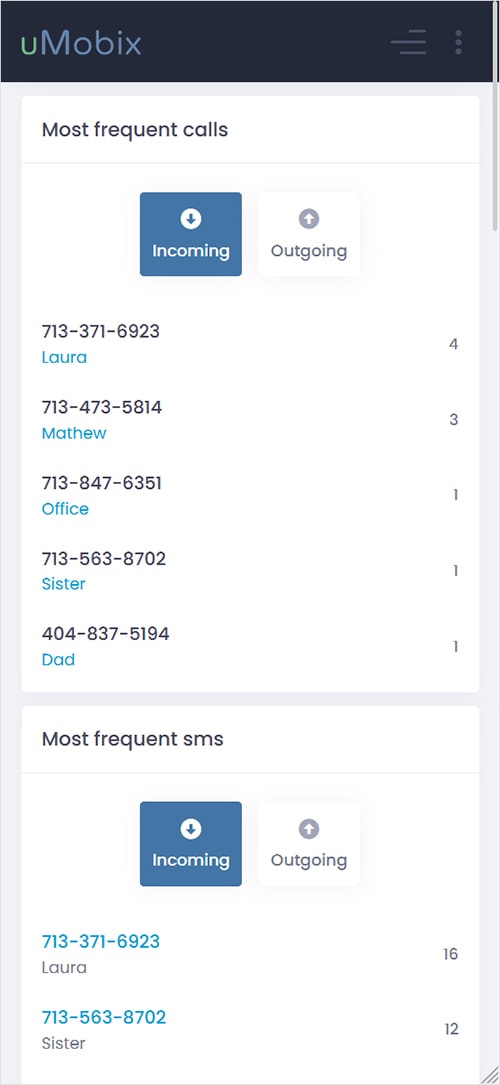
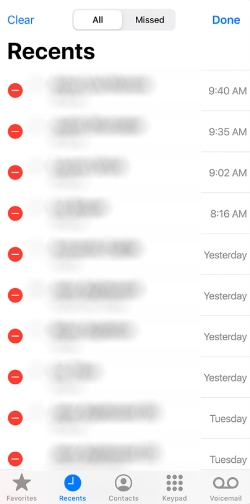
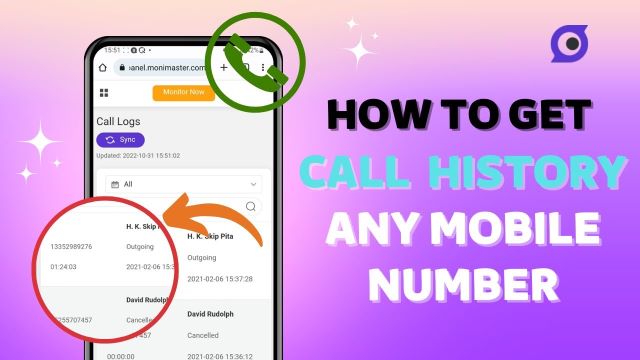
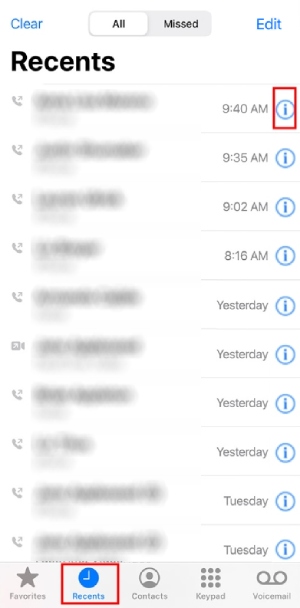


![How To Check Someone's Phone History How to Check Call History on iPhone?[2024 Solved]](https://images.unictool.com/unictoolen/assets/article/ifindit_article/erase-all-content-and-settings-2.png)
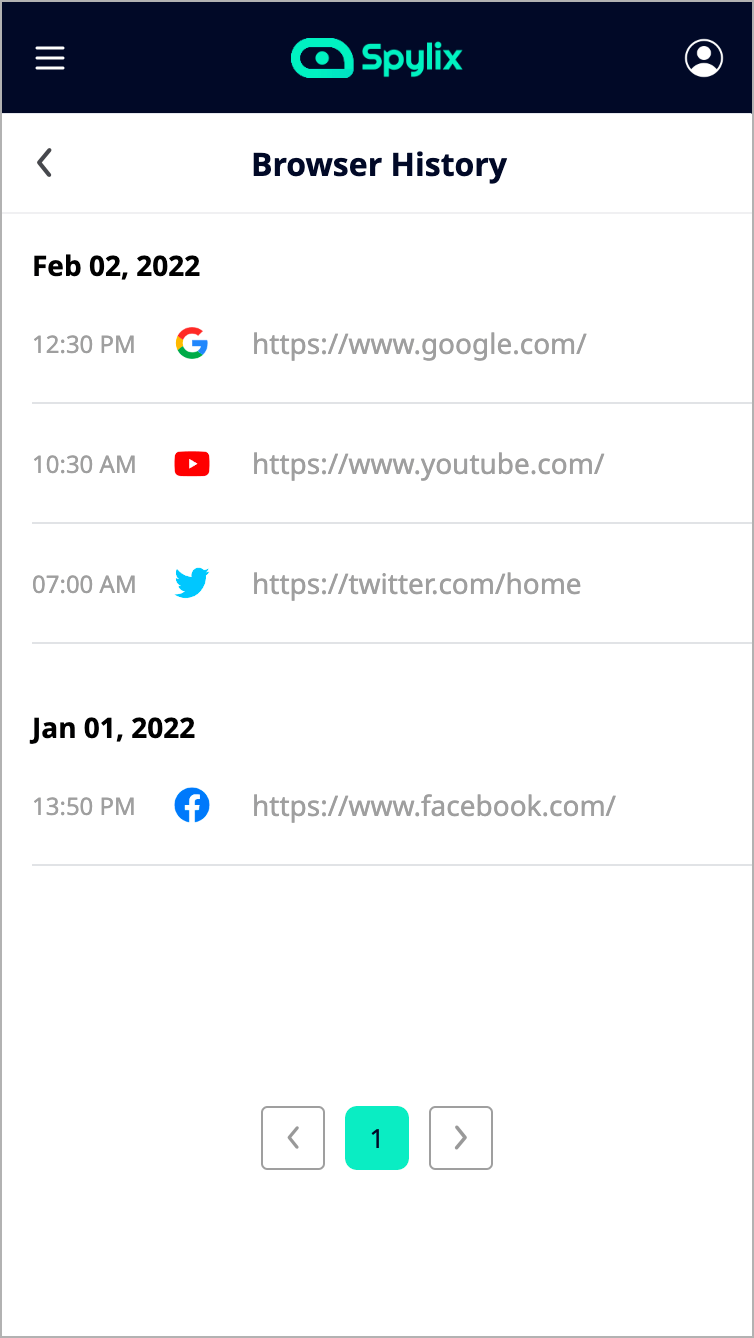
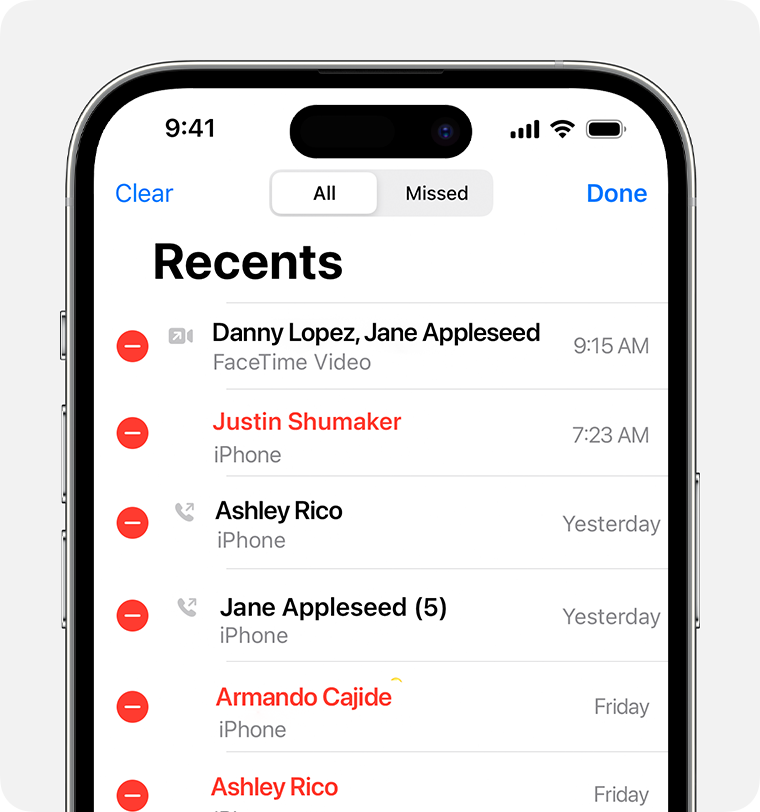
![How To Check Someone's Phone History How to Check Call History on iPhone?[2024 Solved]](https://images.unictool.com/unictoolen/assets/article/lockeraser_article/recent-call-logs.jpg)
